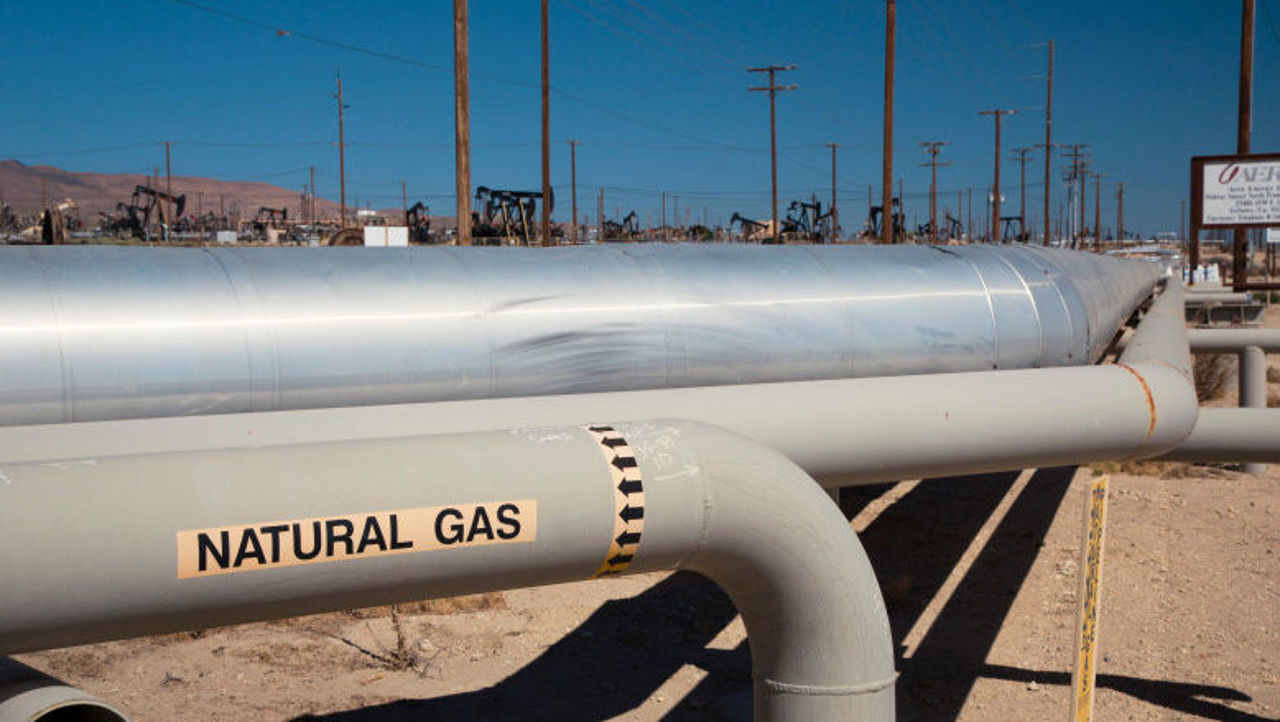Serbia diversifies gas supply, opens interconnector to pipeline from Azerbaijan, Greece
Serbia on Sunday completed the interconnector to a pipeline in Bulgaria, which would allow the Balkan country to diversify its gas supplies and reduce its dependence on Russia, Reuters reports.

The launch of the interconnector will make the pipeline from the town of Novi Iskar in Bulgaria to the Serbian city of Niš operational, allowing Belgrade to access gas from Azerbaijan and the LNG terminal in the Greek port of Alexandroupolis.
The capacity of the pipeline on the Serbian side is 1.8 billion cubic meters a year, which accounts for 60% of the country’s annual gas needs.
The European Commission donated EUR 49.6 million for the construction of the interconnector. Another EUR 25 million was secured in a single loan from the European Investment Bank, while EUR 22.5 million was provided by Serbia.
On November 15, Serbia signed a deal with Azerbaijan to purchase 400 million cubic meters of natural gas per year starting in 2024.
The energy minister of Serbia, Dubravka Dziedović Handanović, present at the ceremony in southern Serbia, emphasized the significance of the gas supply project for eastern and central Serbia, as well as for supplying Central and Eastern Europe.
The president of Bulgaria, Rumen Radev, stated that the newly inaugurated gas interconnector between Serbia and Bulgaria changes the energy map of Europe, providing diversification and security of supply for the entire region.
President Ilham Aliyev of Azerbaijan highlighted that the interconnector’s launch will contribute to Serbia’s development and enhance energy security, not only for Serbia but for the entire continent. He mentioned that Azerbaijan plans to double gas exports to Europe by 2027.
Serbia was previously dependent on Russian gas, importing the majority from the Russian Federation via the Turkish Stream pipeline. The country’s last long-term contract with Gazprom expired at the end of 2021, leading to a new agreement in May 2022 with variable prices ranging from 310 to 408 dollars per 1,000 cubic meters.





